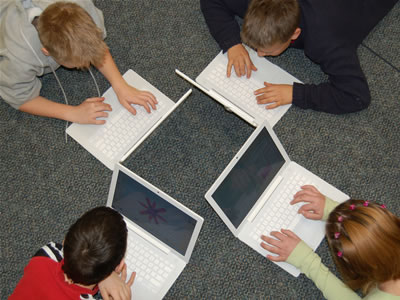To be a functioning member of today’s digital society, not only must one be able to use online publishing tools and social networking, but also be able to critically think about all forms of social media as a whole. Without a strong foundation in media literacy, it can be tricky to decipher fact from fiction.
For society as a whole, access to all of the free information on the internet is a great thing. More people can stay informed and more voices can reach an audience. Writers aren’t held back by page counts, column inches, and the cost of ink. Stories can be reported with additional multimedia, greater depth and previously unthinkable interactivity and accessibility
All of the online information you have access to will be worthless unless you know how to properly determine the truth about content on the Facebook and Twitter feed as well as filtering through which sources are trustworthy in a set of Google search results. As technology itself evolves, so does the concept of media literacy.
The results of a recent Pew Study have shown that 83% of teachers feel that the amount of information available to students is overwhelming, while 60% think that finding credible sources amongst that information is very difficult. It comes as no surprise that 90% of teachers surveyed agreed that some form of social media literacy should be mandatory in each school’s curriculum.
So, what do you think? Is someone illiterate if they don’t know how to interpret a tweet or tell the difference between fact and fiction on social media? And should media literacy be made mandatory in schools? Or is it just something that’s an amenity instead of a necessity?


